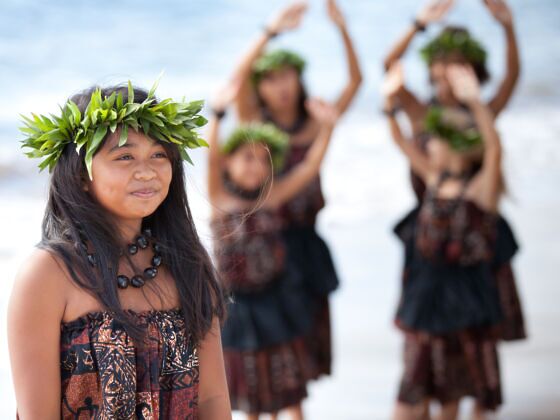Hawaii is a dream destination for many people in the United States and around the world. Whether it’s your first trip to Hawaii or you’re a regular visitor who makes it a point to give back on every visit, there’s always something new to see.
But these beautiful islands have a long history outside of the touristy things you may know, and it’s important for travelers to Hawaii to understand six key things.
